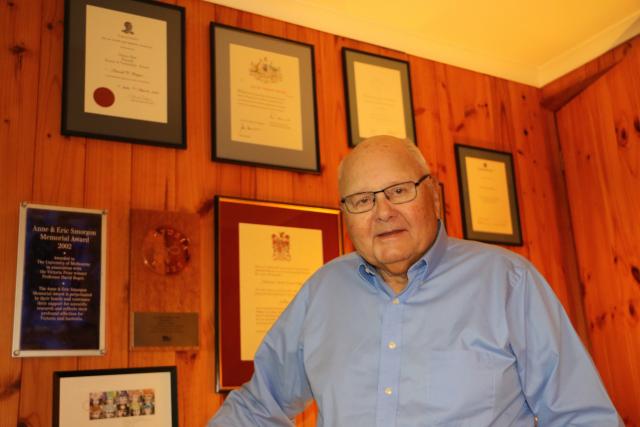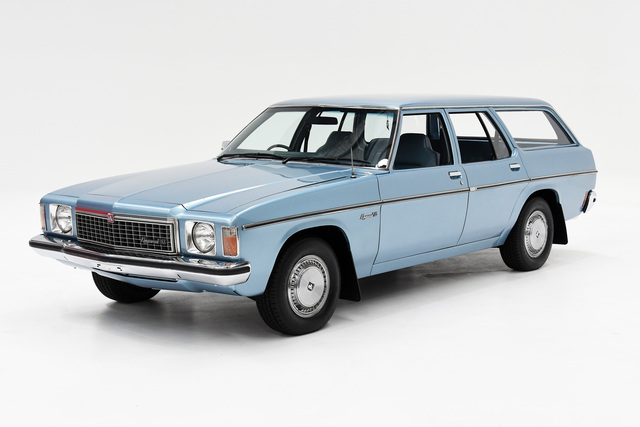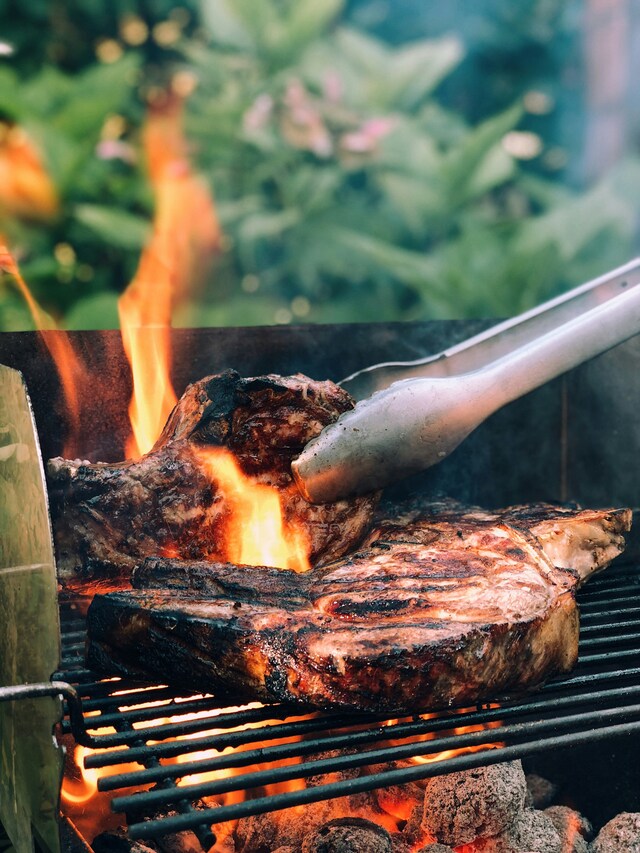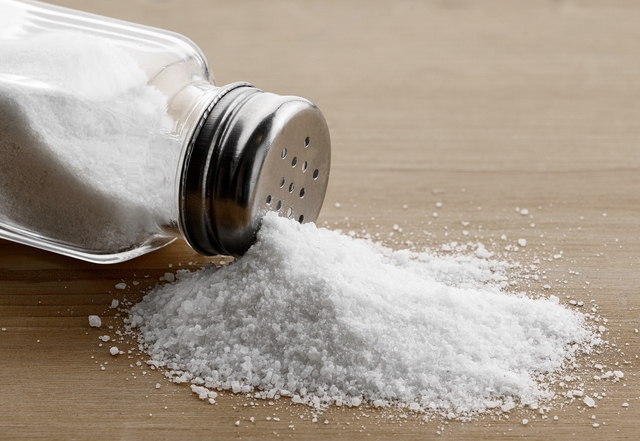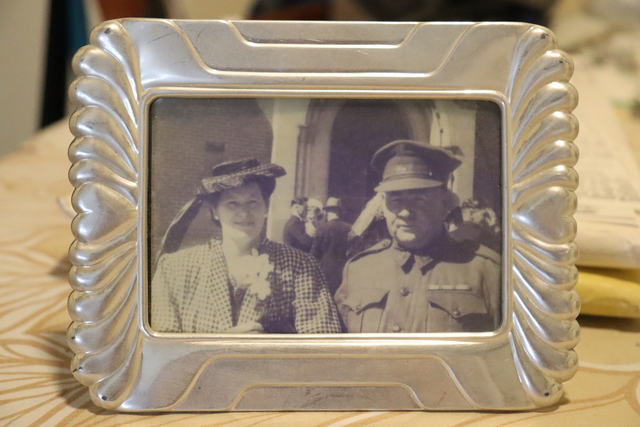Prolific chemical engineer and Harkaway resident, David Vernon Boger AC has been named a Companion of the Order of Australia this Australia Day, honouring an authoritative voice and career with impact across the world.
Mr Boger, 84 and now retired, is one of four across the country to become a companion in the 2024 Australia Day honours. He has received numerous accolades through his career, yet this stands as the highest.
“I didn’t expect it, when I heard of it I thought it was an AO, but this was unbelievable,” he said.
“It is quite an honour to be one of four this year to be named a companion and the only one from Victoria.
“It recognises a career of achievement, it’s the highest honour I have ever gotten.”
Mr Boger’s career as an engineer within the field of Rheology (flow behaviour and mechanics) studying Non-Newtonian fluids, which have had a large impact on waste and environmental management across the world.
Non-Newtonian fluids are those that don’t follow Newton’s law of viscosity. These are fluids whose resistance can be determined by the application of such things like force.
A common example, tomato sauce is a Non-Newtonian fluid, as when shaken it will thin.
Mr Boger invented a certain type of Non-Newtonian Fluid which is called Constant viscosity elastic fluid, commonly known as Boger Fluids.
Invented in the 1970s, Boger fluids have both liquid and solid properties, flowing when poured and more elastic when stretched.
“It’s like slime, you know, the kids’ toy,” he describes it.
This slime would have an impact on waste management across the world, something Mr Boger couldn’t expect at the time.
His work would lead to the development of a more sustainable practice for disposing of bauxite residue, the environmentally hazardous material exhausted from the production of aluminium, also called ‘red mud’.
Red mud is diluted and deposited into massive tailing dams, such dams throughout the world have failed in the past leading to environmental catastrophe that has injured and killed.
Aluminium giant Alcoa, using Boger fluids, were the first to manufacture a way for red mud to be handled in a far thicker and less voluminous state which greatly minimised risk of failure.
Now Boger fluids are used throughout the world, because of this mining companies take Rheology seriously.
“They did it, but we taught them how to handle these materials,” Mr Boger said.
“It has changed the industry, there are annual meetings on mining waste and we took Rheology to those meetings and now almost every year there is a course in basic Rheology.”
Mr Boger’s work also influenced insecticides for agriculture, allowing for sprays that applied densely and evenly to crops that minimised its drift.
Boger fluids are also used for crude oil; they were developed to help ease the flow and reduce dangerous clogging in pipelines by mitigating the drag of paraffin wax.
Mr Boger is an Emeritus Professor, serving both Monash University and the University of Melbourne for 50 years.
He was born in Pennsylvania and moved to Australia in 1965 to take up the role of lecturer at then-new Monash University.
“It was a three-year appointment, I thought I would only stay here for three years and I stayed forever,” he said.
Mr Boger would move to Harkaway in 1973 to the home he still lives in today.
He authored 367 technical publications and co-authored 5 books. He served on numerous national scientific organisations; including President of the Australian Society of Rheology to a council member of the Australian Academy of Science.
He is a fellow of the prestigious Royal Society of London, a member of the US National Academy of Engineering and an Inaugural Bragg Member of the Royal Institute of Australia.
In 2005 he received the Prime Minister’s Prize for Science, in 2005 he was awarded the Gold Medal of the British Society of Rheology and he was given a Centenary Medal in 2003.

